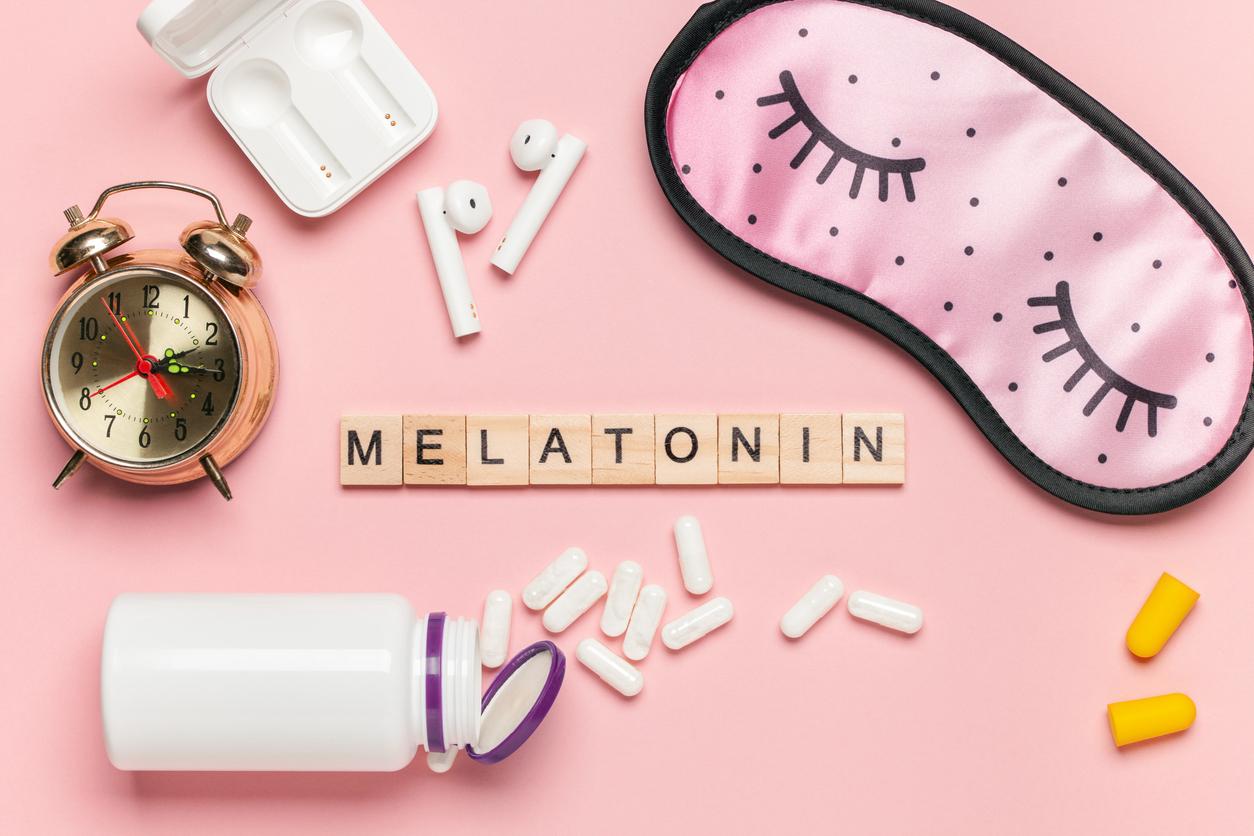January 21, 2005 – Melatonin supplements do not appear to be able to help people with a sleep disorder, transient or chronic, according to Canadian researchers who analyzed 140 studies on the subject1.
For sleep disorders due to jet lag or a job that involves night shifts, melatonin is not believed to help people fall asleep or improve the quality of their sleep.
A few people with transient insomnia, attributable to one-off factors such as stress or heavy caffeine consumption, were able to fall asleep faster thanks to melatonin, but their number was not sufficient for it to be considered. significant from a scientific point of view.
A review of these studies also found no significant benefits on falling asleep in people with a secondary disorder. The sleep of these people is disturbed by the presence of a mental health or neurological problem such as Parkinson’s disease or a disease of the respiratory tract. Some patients may have slept longer while taking melatonin, but again, this was not significant.
However, the authors of the review found that melatonin is safe when taken over a short period of time, from a few days to a few weeks. According to the researchers, additional clinical trials would be necessary to ensure its safety in the longer term.
Melatonin is a natural hormone that plays an important role in maintaining sleep cycles. This hormone can be synthesized or isolated from an animal. It is generally used as an alternative to the use of pharmaceuticals such as sleeping pills.
Marie france Coutu – PasseportSanté.net
According to La Presse.
1. Buscemi N, Vandermeer, Klassen T, et al, Melatonin for treatment of sleep disorders, Evidence Report / Technology Assessment, November 2004, No 108. The full study is available at http://www.ahrq.gov/downloads/pub/evidence/pdf/melatonin/melatonin.pdf [Document PDF consulté le 21 janvier 2005].












